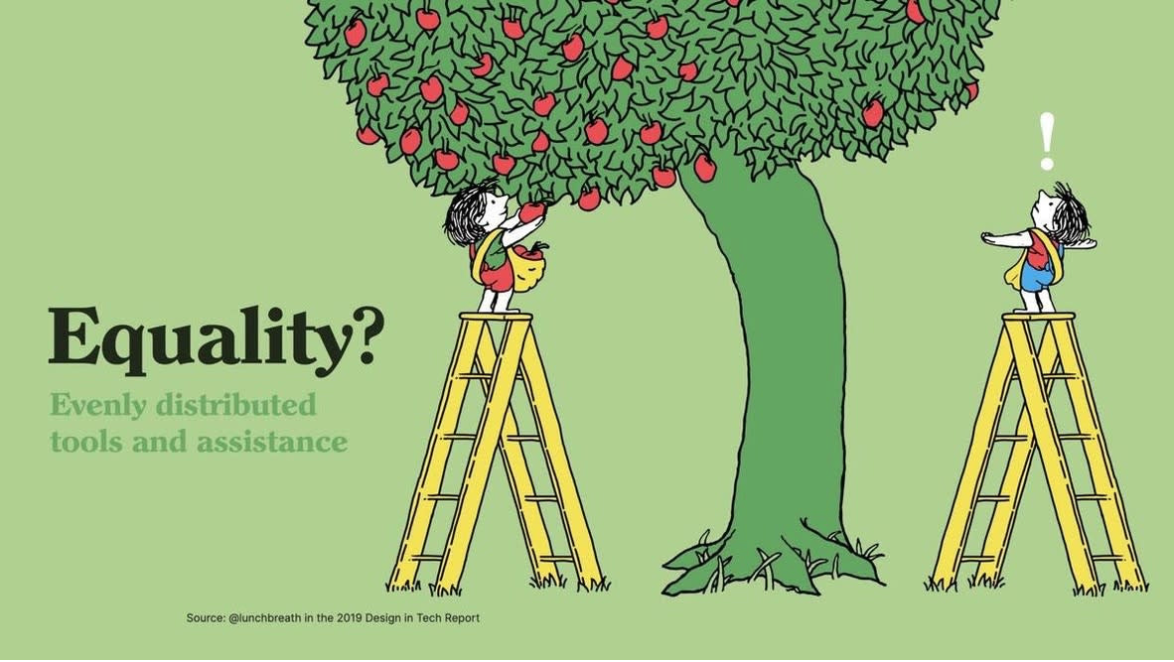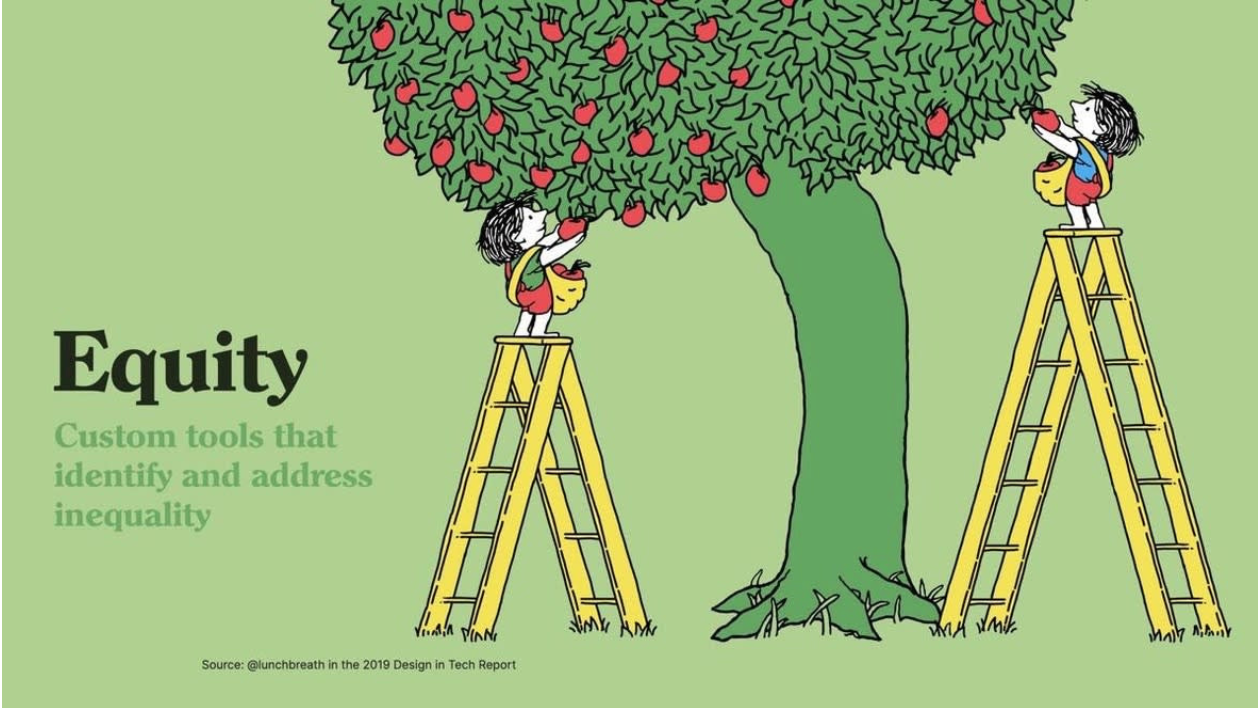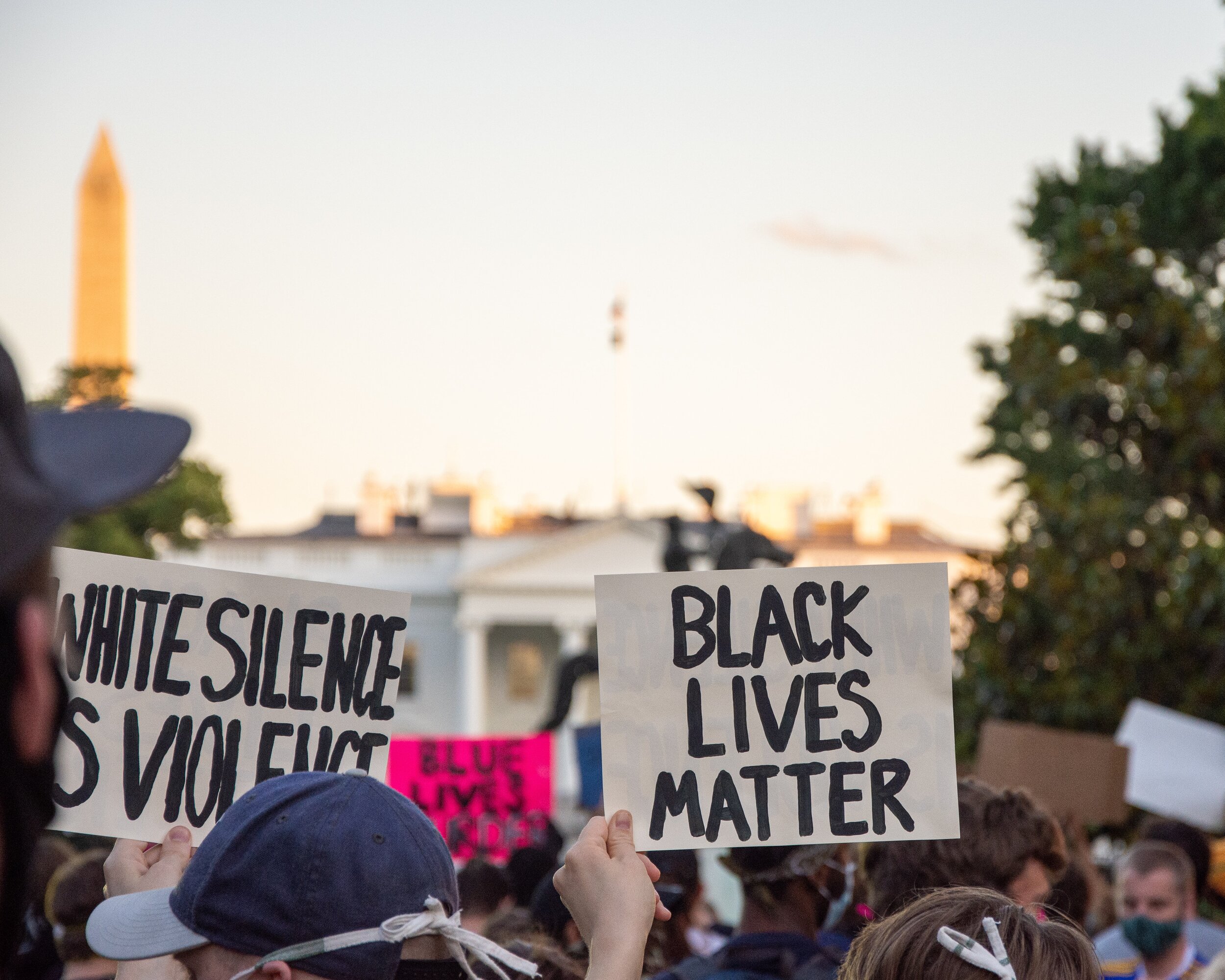I am not a Black person, but I am an ally to them. I admit to my past ignorance. This reactive time in life has caused me to realize that I am not as educated as I should be. I apologize and accept the embarrassment that I do not know more up until this point. I am going to proactively become more educated.
Taking a stand is the best way to learn. We need to become avid students and teachers simultaneously. Today more than ever, we all need to unite and agree that what has happened in the past needs to change. The future needs to be better. Throughout my life, I have grappled with being uncomfortable talking about racism. It is a burden to my peers who do not look like me, and it is not just. As Martin Luther King, Jr. put it “In the end, we will remember not the words of our enemies, but the silence of our friends.” I am not a subject matter expert. In order to approach this disagreeable subject of race, I will share some facts and from my personal experiences.
My upbringing was in a majority white privileged community. I attended a private school up until public high school and then university. Having been in the majority, I do not know what it feels like to be in a minority. My upbringing created a shield of whiteness that insulated me from discomfort.
During my first full-time job in corporate America, my racial worldview opened up to the different dimensions of diversity. I pursued diversity and inclusion projects and learned about the unconscious biases we all have as humans. We must become aware and reframe our biases. I took away an understanding of how inclusive leadership is essential for all avenues of life. It is not enough for people of color to get to sit at the table. They need to feel welcome to speak as well.
What does white privilege mean?
The color of my skin has not been an obstacle in my life.
Previously, I lacked what’s called psychological standing to speak up. I tried to block out the chaos of not reading the news, but that is my white privilege speaking. The more that I silence the pain I feel for those affected, the more I realize we need to take action to speak up. It is unjust to go through life without attempting to feel what it is like to have a life different from your own. I recognize that I am afforded certain opportunities that others are not because of my appearance.
Minimizing this difference with ‘color blindness’ is not the answer either. Social psychologist Jennifer Eberhardt describes in her book Biased that “Despite good intentions, encouraging children to remain blind to race actually dampened their detection of discrimination, which had ripple effects. Color blindness promoted exactly the opposite of what was intended: racial inequality. It left minority children to fend for themselves in an environment where the harm they endured could not be seen.” Our racial backgrounds create different experiences in life. Overlooking these diminishes the suffering from oppression.
What did my education teach me in school? It painted a picture that racism was a concept of the past when slavery ended or with the civil rights amendment. This is not true. We need to unlearn and relearn the facts of history– acknowledging that the journey never ends.
How does systematic racism affect society? It means that there is the systematic distribution of resources, power, and opportunity in our society to the benefit of people who are white and the exclusion of people of color. The systematic racism in the different levels of our society creates a wealth gap. Some examples include the likelihood of getting employed or getting pulled over by the police. People are relying on legal systems and institutionalized racism to carry out white supremacy.
How are equality and equity different? Equality is treating everyone the same and giving everyone access to the same opportunities. Equity refers to proportional representation by race, class, and gender in those same opportunities.
For instance, with my opportunity to attend a university, I faced no barriers given that my parent’s generation attended higher education as well. It afforded them better job opportunities and support for me to follow in their footsteps. There were no hoops to jump through.
As someone who is not of color, it is my choice to take on educating others more about what to do with the unearned advantage I have been granted. To teach others about the barriers to success for people of color. To promise to amplify and listen to the voices of people of color. Instead of being someone who stands by, but who is actively an ally. To seek opportunities no matter how small or unpleasant, like on a phone call with an uninformed friend. To speak up and take a stand to racial injustices
What actions help lead to change?
Becoming an antiracist. It is a verb, not a noun. It means to have a commitment to fight racism wherever it is found. This includes within ourselves. It is the way forward. It is not enough to exclude oneself by not being racist. The change starts in everyday encounters of learning to love your neighbor and become okay with being uncomfortable. It signals growth. These opportunities of conversation to initiate change cannot be overlooked anymore. I have made mistakes previously with uninformed opinions, staying silent during microaggressions, and misled assumptions. But, I can make a commitment to devote time to doing better– getting informed, speaking up, and pressing against my social conditioning.
How to redefine racism? In White Fragility, the multicultural education scholar, Robin DiAngelo, points out how society has been incorrectly defining a simplistic version of racism. That racism only occurs through intentional acts of discrimination by immoral people. It implies that white people are not part of the problem because we are taught to treat everyone the same. We created the problem and need to press harder to solve it. Racism is unavoidable. We should stop trying to think we are the exception. We all must accept that it is impossible to escape problematic racial assumptions and become less fragile talking about them. To face these biases that we were born with, we have to become anti-racist.
My intent of not being racist creates impact by being anti-racist. Historian Ibram Kendi portrays in How to Be an Anti-Racist that “The opposite of racist isn’t ‘not racist.’ It is ‘anti-racist.’ What’s the difference? One endorses either the idea of a racial hierarchy as a racist, or racial equality as an anti-racist. One either believes problems are rooted in groups of people, as a racist, or locates the roots of problems in power and policies, as an anti-racist. One either allows racial inequities to persevere, as a racist, or confronts racial inequities, as an anti-racist.” We must be allies by recognizing and calling out discrimination against our peers.
We need to identify differently. It is challenging to accept the need to change because it implies what we have done in the past is wrong. I am not racist, but that does not mean I have been intentional about being anti-racist. This means speaking up for those who cannot. This new behavior feels foreign but is necessary to become a true ally for those that do not have the privilege that I was born with.
I pledge to do what is in my power to listen, learn, and take action against racism. I will do better today than I did yesterday and all of the days to come. I am not writing this to check off a box of doing a good deed for today. I am sharing this as a commitment to listening instead of just hearing. To learn. To reflect. To read. To change. I don’t grasp or understand what it means to be a different race and I never will. But I am taking a stand. I will try to do my part to educate myself, break my own patterns of ignorance, and most of all—listen to people who do not look like me.
What is the new normal for sustained change?
To continue having conversations with friends and family even if disagreeable. They are important conversations. It showcases white privilege to be able to block out or avoid these topics. We need to redefine what it means to be a good person. According to organizational behavior professor Dolly Chugh, The Person You Mean to Be is “someone who is trying to be better, as opposed to someone who is allowing themselves to believe in the illusion that they are always a good person.” The more we question, the more we are willing to change our previous beliefs and biases.
In order to make a change, everyone needs to be informed of what they do not know. We need to listen to those who have lived life with different backgrounds than our own. There are many different realities that exist at one point in time. Having an empathetic ear is essential while leaning in. We need to suspend our ego to understand alternate lenses than our own. No matter how much we listen, it is unrealistic to truly feel what it is like to be a person of color today.
Change must happen. Racism is not an African-American problem; it is an American problem. We all need to unify and understand race to eliminate racism. As Roman emperor, Marcus Aurelius said over 2000 years ago, “you can also commit injustice by doing nothing”. We must create opportunities to understand those that we share this country with. We are made stronger by the differences that we have.
I did not choose to be born in America, or the color of my skin, but I realize that without these privileges, I would be a much different individual than I am today. By reflecting on the realities of racism, I recognize this inequity. There is adversity present in the world that I cannot even fathom the feeling of. I believe in equal rights for every human being and that implies that we all are treated as we wish to be treated. The recent tragedies of George Floyd, Ahmaud Arbery, Breonna Taylor, and countless others do not make me proud of the country that I live in. I used to think this is out of my hands, but there is still much that can be done. Take control of what you can and start to make the change that is needed in our country.




